
The Free Press

Kike Ojo-Thompson, a diversity trainer in Toronto, was explaining to her class of 200 or so public school administrators that Canada is a much more racist country than the United States.
“Canada is a bastion of white supremacy and colonialism,” Thompson said to a sea of nodding heads squeezed into Zoom. “The racism we experience is far worse here than there.”
It was April 26, 2021, and Thompson was leading attendees through a session on systemic inequity.
Thompson acknowledged that this might be hard for Canadians to accept, explaining that Americans “have a fighting posture against, at least, the monarchy. Here we celebrate the monarchy, the very heart and soul and origins of the colonial structure.”
It was at that point that Richard Bilkszto, the principal of Burnhamthorpe Collegiate Institute and Adult Learning Centre, put his hand up. (Burnhamthorpe is a high school that caters mostly to students in their twenties who previously dropped out.) Bilkszto had trained in the United States, he was a devout progressive, and he was mystified by Thompson’s comments.
“I just wanted to make a comment about the Canada–U.S. thing, a little bit of a challenge to it,” Bilkszto offered.
Listen to Kike Ojo-Thompson’s claims about Canada in the DEI session here:
And Bilkszto’s challenge to her claims here:
Citing Canada’s public schools, tax regime, and socialized healthcare system, and no doubt drawing on his own experience teaching in a predominantly black high school in Buffalo, New York, he said: “We’re a far more just society.”
There was a momentary silence. None of the other attendees waded in.
Then Thompson, who is black, laced into Bilkszto, who is white.
“What I’m finding interesting is that, in the middle of this Covid disaster, where the inequities in this fair and equal healthcare system have been properly shown to all of us. . . you and your whiteness think that you can tell me what’s really going on with black people—like, is that what you’re doing, ’cause I think that’s what you’re doing, but I’m not sure, so I’m going to leave you space to tell me what you’re doing right now,” she said.
Bilkszto shut up.
That seemed like the end of that.
In fact, it was just the beginning of Bilkszto’s harrowing, two-year descent into an ordeal of public shaming and isolation that ended only when he took his life last month.
“He was distraught,” Michael Teper, a Toronto accountant and friend of Bilkszto, told The Free Press.
“It was not only his job that was taken away from him, but his reputation, because those very people were assassinating his character. They claimed he was a white supremacist, that he was a racist. They knew nothing about him. They knew nothing about what he stood for or what he believed. All they know about is what they believe.”
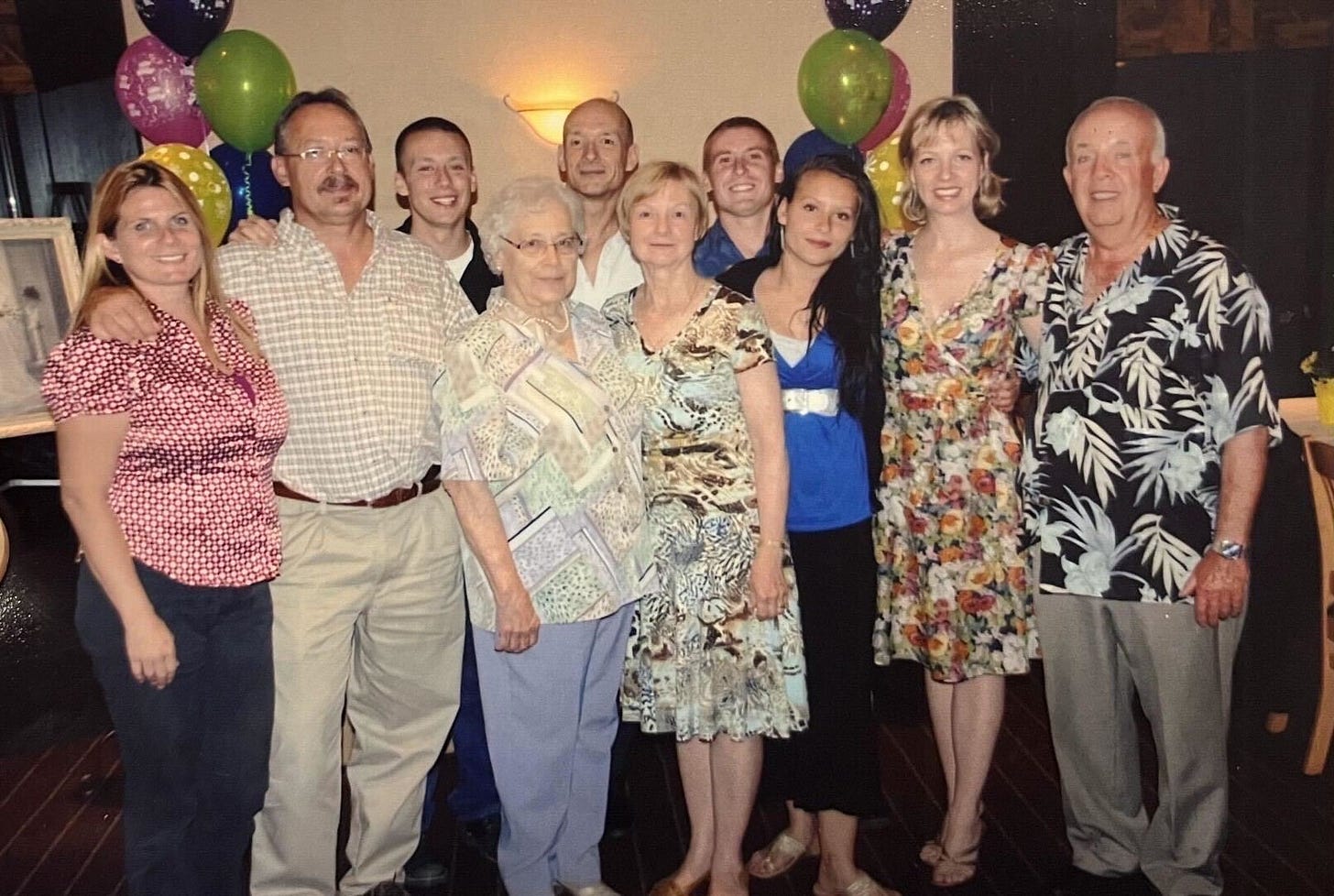
As the lawsuit that Richard Bilkszto filed against the Toronto District School Board, or TDSB, later noted, he was a 24-year veteran of Toronto public schools. He had been a teacher, a vice principal, and a principal. He was respected by his colleagues.
“Richard Bilkszto is an experienced, effective, and highly accomplished educational leader,” the Toronto District School Board’s supervisory officer, Karen Falconer, said in a 2015 appraisal of his work.
When Bilkszto announced his retirement in January 2019, Falconer said: “You have proven your excellence in equity, instruction, entrepreneurship, student engagement.” She called Bilkszto a “leader amongst leaders.”
Curtis Ennis, who was then a regional manager in the Ministry of Education, praised Bilkszto’s “brilliant service.”
Robert McManus, 60, a retired teacher who had been friends with Bilkszto since they’d met at Boy Scouts camp at age 11, said of Bilkszto: “He really listened. He really cared. If you had a problem, he was going to do his very best to help you. Obviously, these qualities went on to make him an amazing educator.”
After retiring, Bilkszto stayed on as a substitute principal, but he was eager to start thinking about the next phase of his life. He wanted to travel.
Then, in late August 2020, Superintendent Leila Girdhar-Hill reached out to Bilkszto. The district desperately needed a principal to run Burnhamthorpe.
Bilkszto said he’d love to do it, but he was tied up until late September.
“Later that evening,” according to the lawsuit, “Girdhar-Hill called Bilkszto to inform him that she had spoken with Executive Superintendent Uton Robinson. . . and they had both agreed Bilkszto was the right candidate for this position, given his unique qualifications [and] extensive experience in the Adult Education field.”
On September 21, Bilkszto started at Burnhamthorpe.
For the first several months everything went well, despite the pandemic and the lockdowns.
On April 25, 2021, Falconer, now interim Director of Education, said to Bilkszto, “How long are you saving us at Burnhamthorpe? It is such a relief to know you are there.”
Two days later, on April 27, 2021, Leila Girdhar-Hill, the superintendent, informed Bilkszto that Dan MacLean, the TDSB trustee for Burnhamthorpe, was “very impressed” with Bilkzsto, according to the lawsuit, and asked if he could return for the next school year.
Bilkszto agreed.
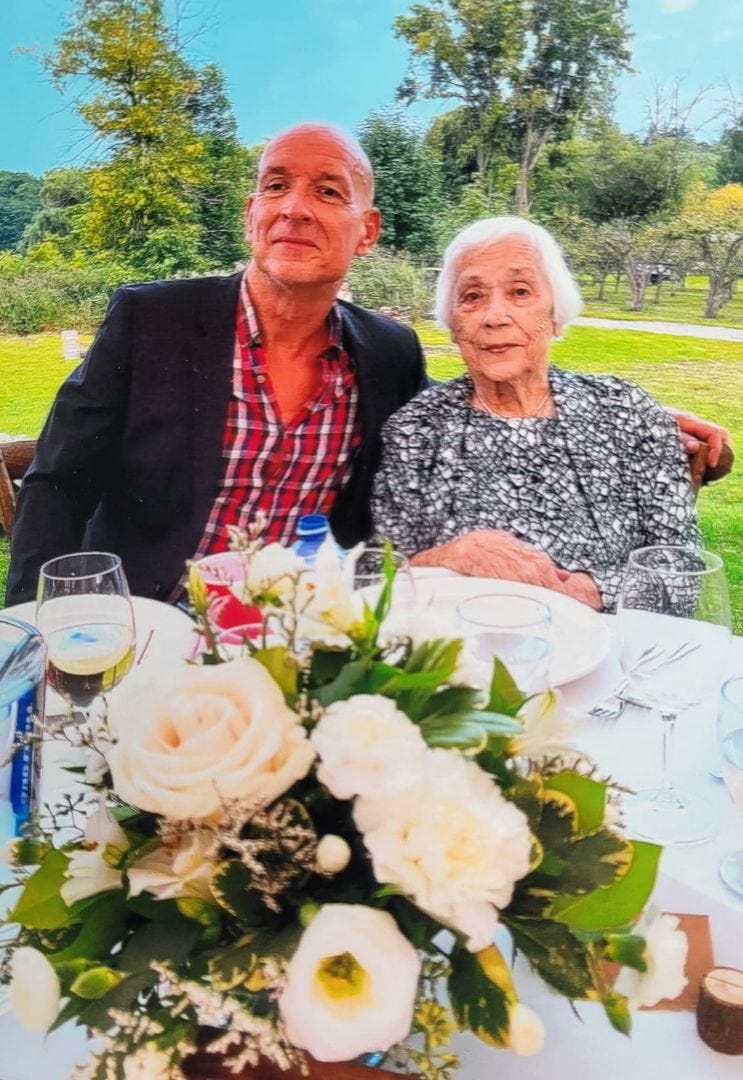
As it turned out, on April 26, 2021, the day before Dan MacLean offered to extend Bilkszto’s contract by a year, Bilkszto had his confrontation on Zoom with Kike Ojo-Thompson, the founder and CEO of the KOJO Institute.
The Toronto District School Board had hired the KOJO Institute to provide four two-hour diversity, equity, and inclusion training sessions to its administrators—for nearly $61,000.
Thompson launched the KOJO Institute, a Toronto-based diversity, equity, and inclusion consulting shop, in 1998, and her clients include H&M, United Way, the Centers for Disease Control, and the University of Toronto, according to the firm’s website.
KOJO is part of a rapidly ballooning, global DEI marketplace—with companies big and small increasingly worried they’ll be accused of systemic racism, and a slew of diversity consultants eager to charge handsome fees to teach these companies’ employees how to avoid being racist. In 2020, companies spent $7.5 billion on DEI-related efforts. By 2026, that figure is expected to rise to $15.4 billion—despite growing concerns about the efficacy of such efforts.
KOJO’s first session with the TDSB took place April 19, 2021. Bilkszto attended that meeting, which was uneventful. (It’s unclear what attendees discussed at the first session.)
It was at the second session the following Monday, April 26, 2021, that Bilkszto suggested that maybe Canada was not “the bastion of white supremacy” Thompson had made it out to be—noting, for example, that public schools serving Canada’s poorest students are generally better funded than their equivalents in the United States.
“As white people, there’s a whole bunch going on that isn’t your personal experience,” Thompson said at the second session. “It will never be. You will never know it to be so. You will never know it to be so. So your job in this work, as white people, is to believe.”
No one in the Zoom meeting challenged any assumptions or thought to ask questions like: Who counts as white? Or black? Who should be believed? Who shouldn’t be? What about the many white and black people who don’t fit snugly into Thompson’s ideological compartments?
As she wrapped up the discussion, Thompson said: “I just want to thank everybody for a proper, thorough session today. We got into the weeds and got the weed whacker out apparently. It was hot today. It was good. It was really good.”
That day, Sheryl Robinson Petrazzini, the executive superintendent of education—who is black—took to Twitter to show her support for Thompson. “When faced with resistance to addressing Anti-Black racism, we can’t remain silent as it reinforces harm to Black students and families,” Petrazzini wrote. “Thank you @KOJOInstitute for modeling the discomfort administrators may need to experience in order to disrupt ABR,” or anti-black racism. (She has since deleted the tweet.)
The Petrazzini tweet “had a horrible effect on Richard,” according to Robert McManus, his longtime friend. It sent a message to the entire community of teachers and administrators, McManus said, that the school board approved of Bilkszto’s treatment—that he was guilty. (Petrazzini has since been promoted to director of education at another school district.)
It was at the third session on May 3, 2021—one week after Thompson’s public tongue-lashing of Bilkszto—that she decided to turn his “resistance” into a “teachable moment.”
“One of the ways that white supremacy is upheld, protected, reproduced, upkept, defended is through resistance,” Thompson explained—before laughing and going on to say: “I’m so lucky that we got perfect evidence, a wonderful example of resistance that you all got to bear witness to, so we’re going to talk about it, because, I mean, it doesn’t get better than this.” (Bilkszto’s attorney, Lisa Bildy, permitted The Free Press to listen to segments of the audio recordings of the training sessions.)
“An appropriate teachable moment”:
“A wonderful example of resistance”:
Other attendees joined the pile on.
One woman, who Thompson calls “Lisa” on the recording, talked about white “discomfort” with open-ended discussions about race.
Another woman, whose name is hard to make out on the recording, defended Thompson to the class while referring to Bilkszto as “the whiteness.”
She said to Thompson: “I believe I heard you say—I’m a black woman, I’m telling you this—yet the whiteness said, ‘No, this is what I’m telling you,’ and that’s often the posture.’ They don’t want to hear what you’re saying. . . ”
No one came to Bilkszto’s defense.
“I think there was some back-channel texting while it was going on, where they acknowledged this was wrong,” Anthony Furey told me, alluding to other people in the DEI training session. Furey met Bilkszto while Furey ran in the recent Toronto mayoral race. “But the problem is nobody had the balls or leadership to stand up and say this is wrong.”
On May 4, 2021, the day after the third session, Bilkszto filed for sick leave. He missed the fourth and final session, the next Monday, and filed a complaint with school officials saying that he’d been harassed.
Ontario’s Workplace Safety and Insurance Board looked into the matter. In August 2021, the board released its findings, stating that Thompson’s behavior was “abusive” and amounted to “workplace harassment.” Bilkszto was awarded seven weeks of lost pay.
But by then, Bilkszto was tainted goods.
Mike Ramsay, a friend of Bilkszto, told us: “His contracts were freezing up—and not a word from his former supervisors and colleagues. While he said some people were nice to him, for many others, he was not politically popular to be seen or be around.”
Richard Bilkszto was, above all, an educator, his friends and colleagues said. He didn’t have a partner or children. But he cared deeply about his students, and he was worried about the impact of the new identity-focused politics on the classroom, even though he was gay and, in an interview with The Free Press a few months before his death, voiced concern about transgender students being bullied.
“To me, being gay is a part of me,” Bilkszto said in the interview. “It’s not my identity. It’s not something I choose to put out there all the time. As a matter of fact, if people were having a conversation about, you know, ‘I don’t think there should be gay marriage,’ I’m not even offended by that if people are making rational arguments—as long as they’re not being homophobic.”
He added: “It’s about the whole cancelling and not allowing for free speech, free debate, and all those types of things. I’m a big free speech proponent.” Bilkszto said he thought Chris Rufo, the conservative activist who built his online following by spotlighting the excesses of wokeness, was spot on.
In his interview with The Free Press, Bilkszto sounded exasperated with the Toronto District School Board, saying that if he had kids he wouldn’t send them to the public schools. “It’s nothing about competence anymore,” he said. “It’s about your allegiance to the ideology.”
In April, Bilkszto sued the Toronto District School Board, citing Thompson’s “defamatory statements” and the unwillingness of administrators and other higher-ups at the TDSB to stand up for him—even though they had previously showered him with praise.
“Bilkszto has suffered and will continue to suffer damage to his character and reputation both personally and professionally,” the lawsuit states. “As well, Bilkszto has been subjected to embarrassment, scandal, ridicule, contempt, and severe emotional distress.”
The lawsuit offered the hope of redemption. But it apparently wasn’t enough.
On July 13, Bilkszto jumped from his 16th-floor apartment in Toronto, ending his life. He apparently left a note, but loved ones did not want to share its contents. He was 60.
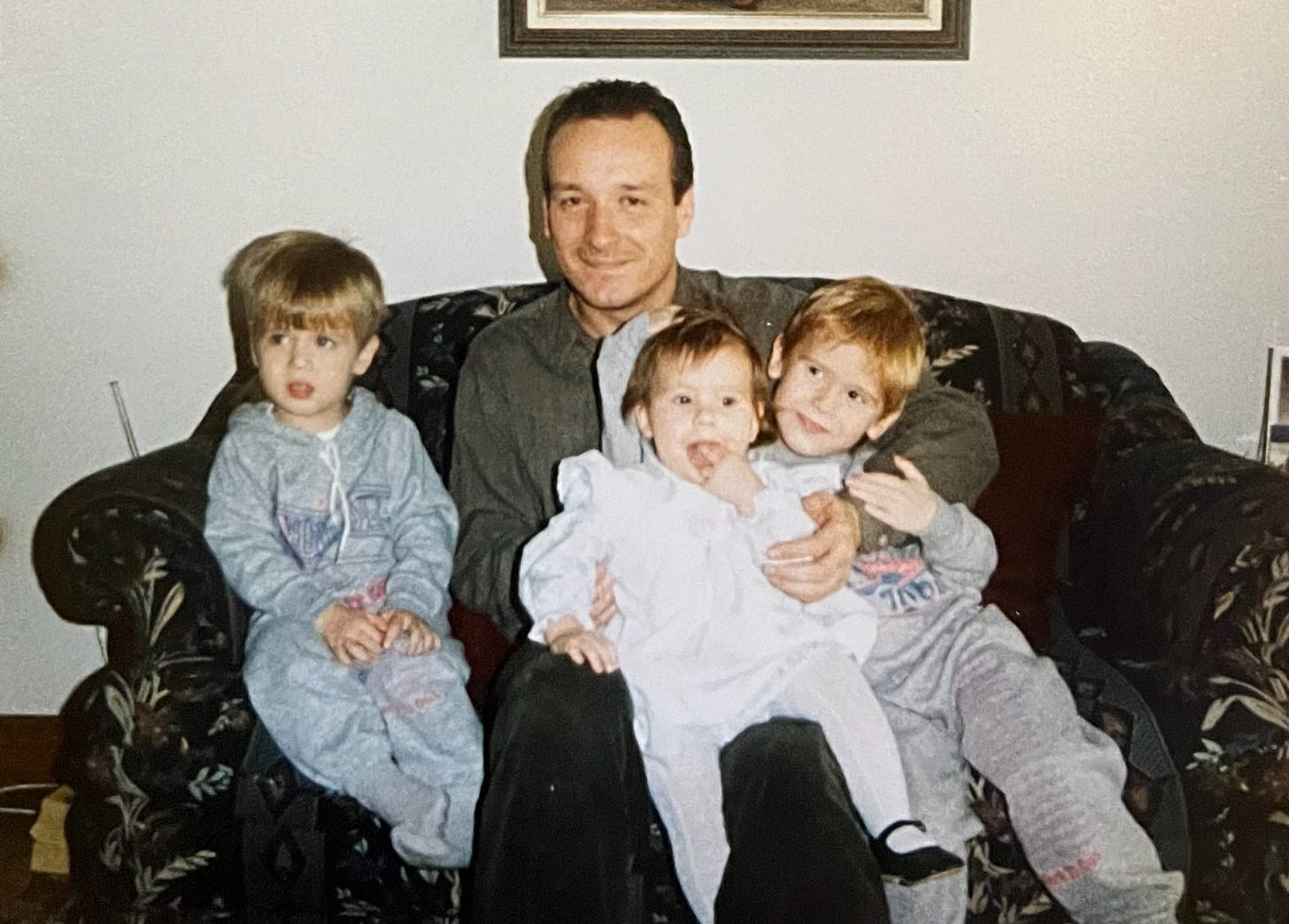
“How can you not be allowed to slightly disagree with something without them tearing you apart for it?” Jason Bilkszto, Richard’s nephew, said in an interview with The Free Press. He was having trouble holding back his tears.
“I miss my uncle. I don’t have him to ask for advice or guidance anymore. I wasn’t done getting advice from him. I feel like that’s been stolen from me.”
The last time Jason saw his uncle was June 19. It was Richard’s birthday and Father’s Day weekend, and the whole family gathered at Richard’s 94-year-old mother’s house. Richard made lasagna and salad.
“He seemed okay,” Jason, a chef who runs his own catering business, said. “He didn’t seem too stressed out or anxious. I can’t really say we noticed anything in particular that raised any alarms or anything.”
Robert McManus last spoke to Bilkszto July 12—the day before he committed suicide. “It was absolutely clear he was not sleeping well as a result of all the stress,” McManus said. “He was a very optimistic person, so the vast majority of the time, when people would be speaking to him, he would be seen as doing well, but his friends knew that he struggled—he struggled with what had happened to him.”
McManus added: “Our last conversation ended with me inviting him over to my place for a dinner party on Saturday, and he said, ‘See you Saturday.’ ”
Jason Bilkszto recalled that, when his grandmother—Richard’s mother—heard about her son’s death, “it looked like someone had ripped her heart out.”
Jason said he thinks his uncle was worried about the stain on the family name. “Our last name is very unique and not common at all,” he said, “and everyone’s on social media these days. I do think that maybe he was worried about our name and it affecting the rest of the family, because it is so uncommon. That was probably weighing on him.”
The Free Press reached out to Kike Ojo-Thompson and several of her colleagues at the KOJO Institute. No one agreed to talk. When we visited the KOJO Institute’s office—in a sleek, two-story brick building—no one appeared to be there.
On July 27, Thompson released a statement on the KOJO Institute’s site saying: “This incident is being weaponized to discredit and suppress the work of everyone committed to diversity, equity, and inclusion.” She added that “[W]e will not be deterred from our work in building a better society for everyone.”
In the wake of Bilkszto’s death, Ari Goldkind, a Toronto attorney, said the DEI consultants—and all the businesses, nonprofits, and school districts that hire them—are now “on notice” that these training sessions “can have horrendous, real-world consequences.”
“There’s a real possibility here that, moving forward, the DEI training session becomes much more litigious, with attendees who feel put upon or hurt or maligned, dangerously maligned—meaning they’re ostracized or rendered unemployable—striking back in court,” Goldkind said. “That’s the lesson of this tragedy, that people are sick and tired of being isolated and cast out from polite society because they have the gall to ask a question or challenge the orthodoxy.”
It’s been two weeks since Bilkszto’s death, and his friends can’t believe he’s gone. Once upon a time, Robert McManus said, Bilkszto was the centrifugal force around which everyone in their circle revolved. He was the energetic one, the one who was always the most enthusiastic about whatever anyone else was up to.
And then he seemed lost, Michael Teper said. He’d gone to Mexico earlier this year to get away from the madness, but when he came back, Teper said, the madness was waiting for him.
McManus said: “It’s hard to imagine my life without him. I’m saddened that, in his moment of need, no one defended Richard.” Had it been someone else, McManus added, “he would never have sat silently by.”
Rupa Subramanya is a Free Press writer. Follow her on Twitter at @rupasubramanya. Ari Blaff is a freelance writer and staffer for National Review online. Follow him on @ariblaff. Both are based in Canada.
And if you want to support stories you won’t find anywhere else, become a Free Press subscriber today:


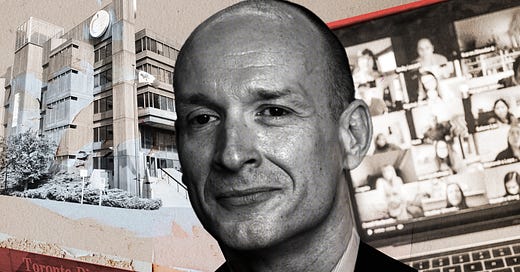




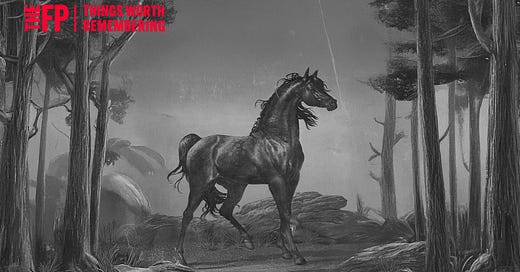
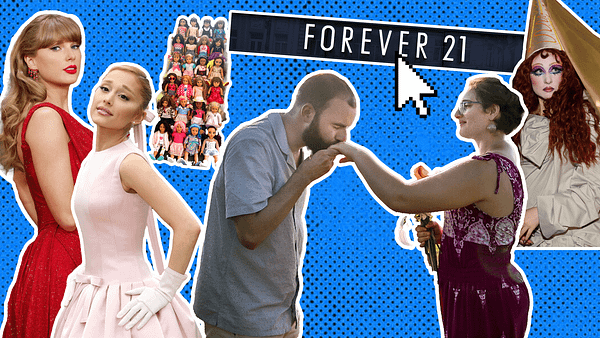


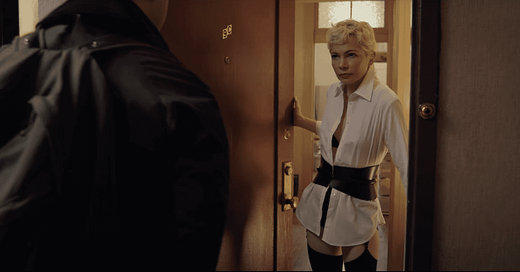

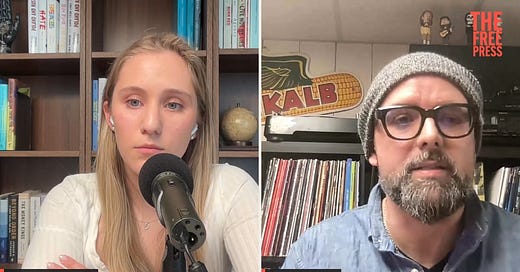

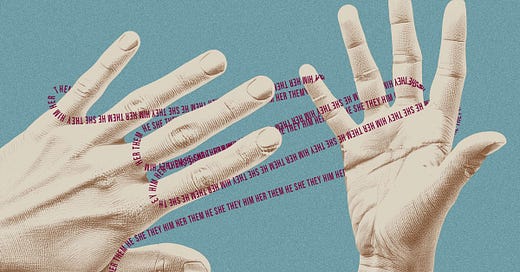
I have just read this article exact one year and one day after it first appeared. I repeatedly had to stop because my eyes welled with tears. I am fiercely sad and angry at what happened to this fine man. Having been branded with similar names he endured, I can empathize. However, having voices like Douglas Murray, John McWhorter, the Free Press, Voltaire, Moliere, Arthur Miller. rational friends, and a sufficiently thick skin, I continue to criticize the Woke ideology.
DEI: They want everyone to look different, but think the same.